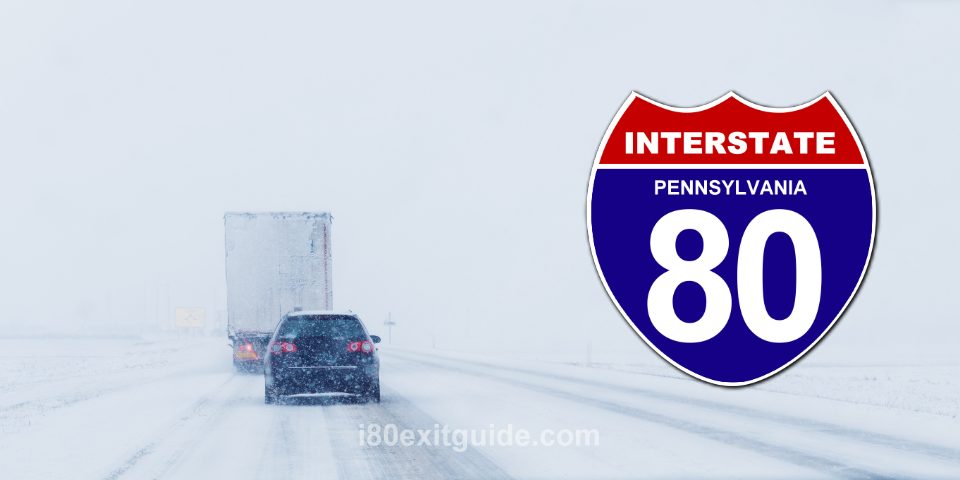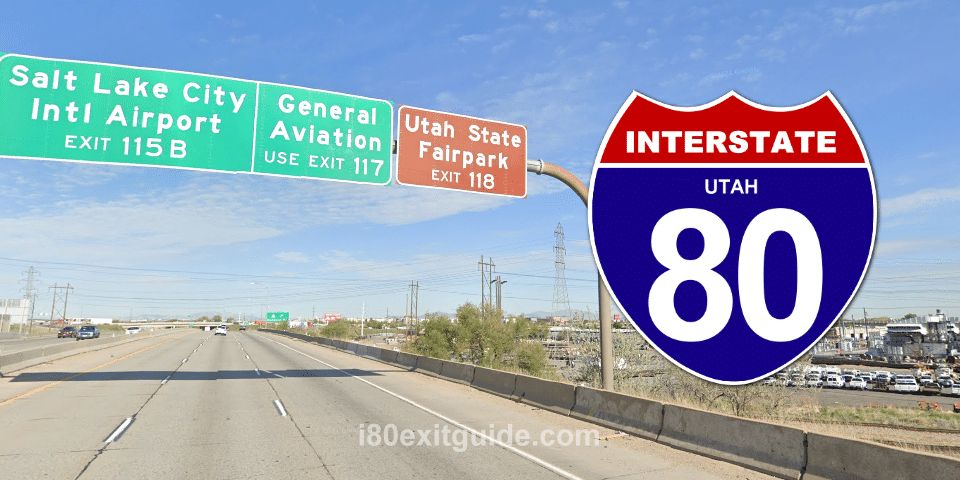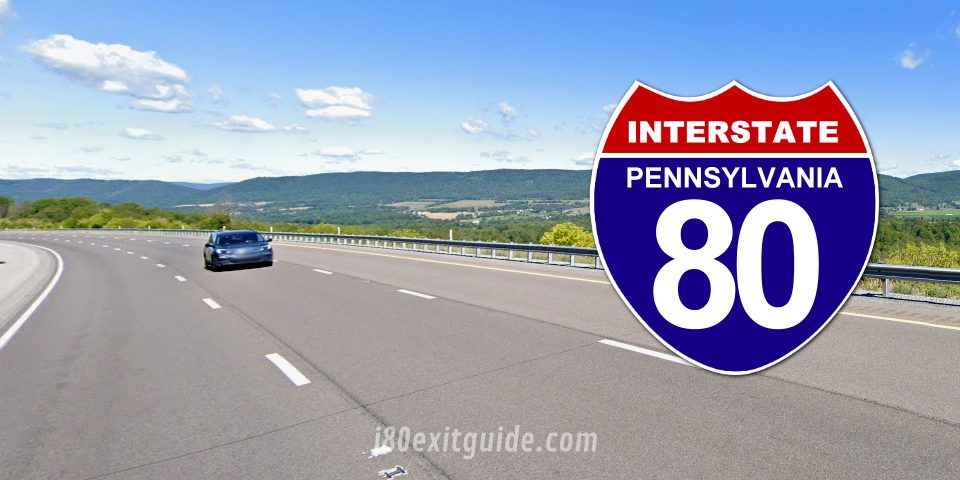With sleet and freezing rain forecasted for tomorrow, Tuesday, January 23, 2024, the Pennsylvania Department of Transportation (PennDOT), is urging motorists to avoid unnecessary travel.
For those who need to travel during winter storms, the department reminds motorists to “Know Before You Go” by checking conditions on more than 40,000 roadway miles by visiting www.511PA.com.
PennDOT maintains nearly 40,000 miles of state-administered roadway and 25,400 bridges, which translates to approximately 95,000 snow lane miles. During the winter months, the public can find plow-truck locations and details of when the state-maintained roadways were last treated by selecting the “PennDOT Plow Trucks” in 511PA legend.
Winter Driving Advice
While PennDOT recommends not traveling during winter storms, we provide the following advice to those who need to drive in winter weather.
- Carry a winter emergency travel kit. (including layers of clothing and blankets)
- Listen to weather and travel advisories, but if you do not have to travel in bad weather don’t.
- Keep your gas tank at least half full.
- Slow down and increase following distance.
- Avoid sudden stops and starts.
- Beware of roads that may look wet, but are actually frozen, often referred to as ‘black ice.’
- Use extra caution on bridges and ramps, where ice can often form without warning.
- Carry a cellphone.
- Do not use cruise control while driving on snow-covered roads.
- State law requires you to turn on your headlights when your wipers are on.
- Use your low beams in particularly bad weather, especially in cases of heavy or blowing snow.
- Remove ice and snow from windows, mirrors, and all vehicle lights before you drive and as often as needed.
- Remove snow and ice from the hood and roof of your vehicle. State law states that if snow or ice from your vehicle strikes a vehicle or a person and causes death or injury, you can be ticketed.
- Do not park or abandon your vehicle on snow emergency routes.
- Do not pass or get between trucks plowing in a plow line (several trucks plowing side by side).
- Make sure someone else knows where you are going and when you expect to arrive in case you run into an emergency and need help, someone will know where to look for you.
- If you do become stranded, it’s better to stay with your vehicle until help arrives. Run the engine every hour or so, but make sure the tailpipe is clear and keep the downwind window cracked open.
- Do not drink and drive, and always wear your seat belt.
Snow Squalls
Snow squalls are common and could create white out conditions which could virtually eliminate a driver’s visibility. They can also create treacherous travel conditions for drivers where roadways quickly become snow covered and slick.
Motorists always should be alert during the winter season for sudden squalls which can strike with little or no warning.
If motorists do encounter snow squalls while traveling, PennDOT offers this advice:
- Slow down gradually and drive at a speed that suits conditions.
- Turn your headlights on.
- Stay in your lane.
- Increase your following distance.
- Stay alert, keep looking as far ahead as possible and be patient.
- Reduce in-car distractions since your full attention is required.
- Use defroster and wipers.
- Turn four-way flashers on.
- Keep windows and mirrors free of snow and ice.
- During whiteouts, come to a complete stop only when you can safely get as far off the road as possible or when there is a safe area to do so.
- Do not stop in the flow of traffic since this could cause a chain-reaction collision.
- Do not pass a vehicle moving slowly or speed up to get away from a vehicle that is following too closely.
- Always buckle up and never drink and drive.
PennDOT reminds motorists to pack an emergency kit for their vehicles. A basic kit should include phone chargers, non-perishable food, water, blanket, small shovel and warm clothes. When preparing an emergency kit, motorists should take into account special needs of passengers such as baby food, pet supplies or medications and pack accordingly.









